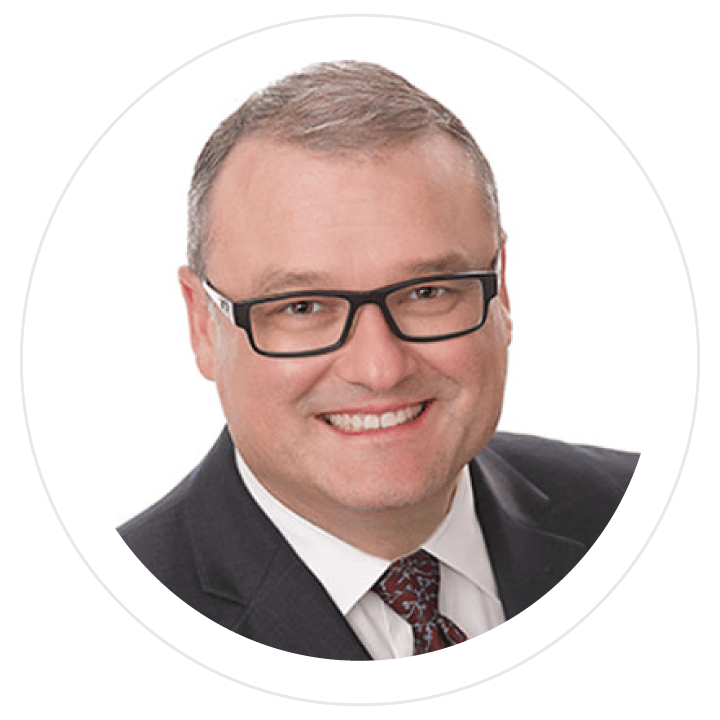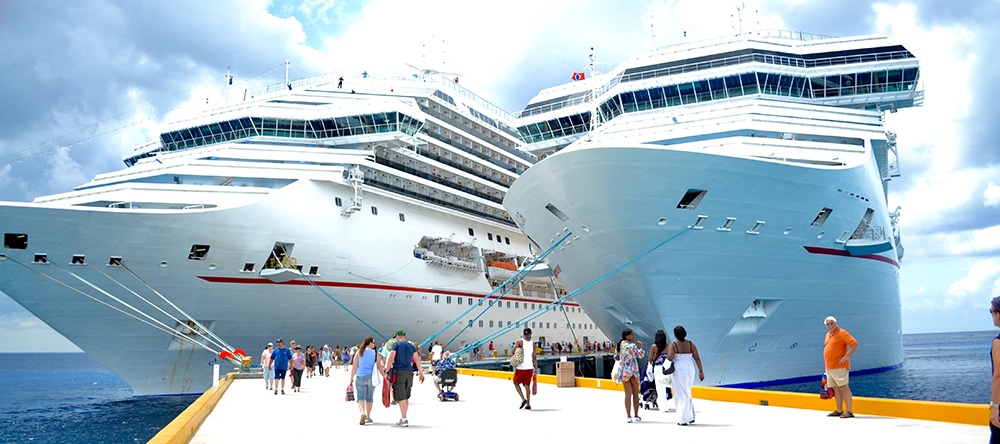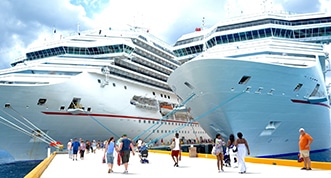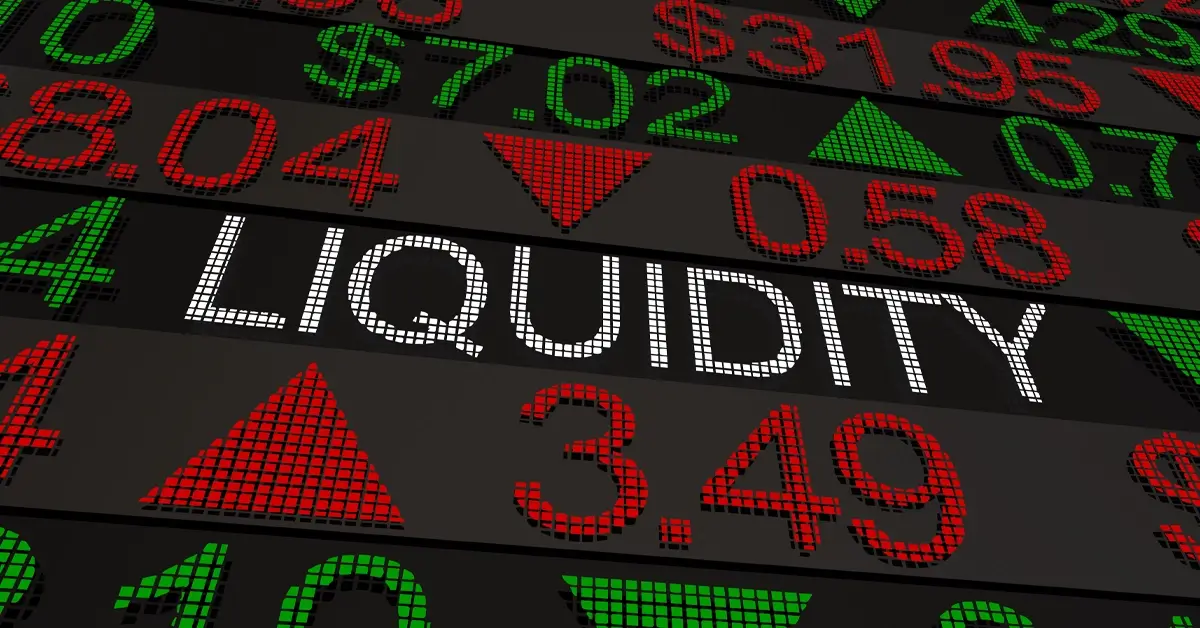By Harvest Portfolios Group
 |
Paul MacDonald, CFAChief Investment Officer |
A Royal Caribbean cruise ship has been cleared to sail from Fort Lauderdale with paying passengers this month, a milestone sailing following a year of pandemic shutdown.
Royal Caribbean has worked closely with the US Centers for Disease Control and Prevention (CDC) for several months to ensure a safe reopening. All crew and passengers over the age of 16 are required to show proof they have been fully vaccinated.

“This is kind of a milestone for pandemic recovery, an early green shoot,” says Paul MacDonald, Chief Investment Officer at Harvest Portfolios Group.
Mr. MacDonald says the news is a sign that pandemic restrictions and fear of travel are easing. As vaccination rates rise, consumers feel more confident about travel and tourism generally. Pent up demand is starting to drive bookings higher as consumers look forward to resuming normal lives after more than year of lockdowns and other restrictions.
The reopening is raising the issue of vaccination passports, which Mr. MacDonald believes will be a complicated one to resolve. There are human rights considerations, legal issues and a lack of political consensus. He believes a vaccine wallet which contains information about an individual’s tests, vaccinations and medical and travel history are more likely.
“Can they force you to take a vaccine? It’s certainly being hotly debated, particularly in the US. But there’s a great societal divide.”
Mr. MacDonald noted that even though Royal Caribbean is requiring double vaccinations on this trip, the industry it is at odds with a Florida state law banning vaccine passports. That law goes into effect on July 1, 2021.
The industry fears passengers won’t travel without it. But Florida governor Rick De Santis says if the CDC requires the vaccines, the industry will simply relocate elsewhere, for example, the Bahamas, hurting the state’s tourism industry. The Cruise Line industry has since relented on the vaccination requirement.
Mr. MacDonald says while airlines and governments resolve the vaccine passport issues, passengers are eager to be on the move. Canadians feel shut in with borders closed and hotel quarantines but elsewhere things are reopening.
U.S. airlines are adding capacity, to meet demand. Europeans are now able to move between countries. Booking sites are showing strength as summer arrives.
“While these indicators are still down compared to pre-pandemic levels, the direction and rate of change has increased significantly,” Mr. MacDonald says.
Royal Caribbean is one of the holdings in the Harvest Travel & Leisure Index ETF (TRVL:TSX). The ETF was launched in January 2021 and has attracted more than $188 million CAD since launch. The ETF is passively managed and follows the Solactive Travel & Leisure Index which tracks the 30 largest global travel-related companies by market capitalization.
As of May 31, 2021, Hotels, resorts and lodgings make up the largest component of the portfolio at 32%. Airlines, including Air Canada, are 24%. Casinos and gaming are 21%, Booking sites 14% and Cruise lines 12%. The cruise component includes three companies that represent about 75% of global capacity – Royal Caribbean, Carnival Corp. and Norwegian Cruise Lines.
Mr. MacDonald says the fastest reopening has been for casinos and resorts because people can drive to them as well as fly domestically. They are operating at near 90% of pre-pandemic capacity.
Airlines have been the second fastest to rebound and are adding capacity as more people feel it is safe to fly. Hotels are benefitting from the flights as well and may soon see more business travel, he says. International travel is reopening more slowly and cruise lines will be last to rebound.
Investors have seen some good gains in the past six months in anticipation of reopening, but better things are coming, Mr. MacDonald says.
“We’re quite confident things are going to recover and the longer term fundamentals haven’t changed. Populations are aging and spending more to travel and millennials are looking for experiences. Developing markets are also travelling more as incomes rise.
He expects full recovery to take 12 months or 24 months.
For more on Harvest ETFs click here.












